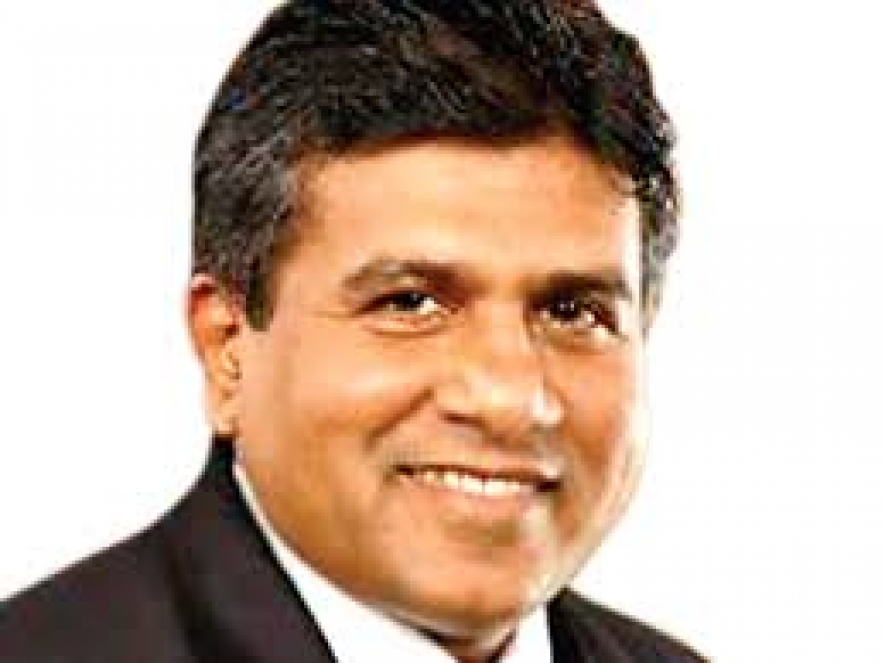Rajapakshe addressed on the subject of "Developing Legal Response to Drug trafficking at sea and expressed serious concerns of Sri Lanka on the issue of criminal activity in the maritime domain.
United Nations' Office on Drugs and Crimes (UNODC) held it's 13th United Nations' Congress on Crime Prevention and Criminal Justice Conference on 12th April and continued till 19th in Doha, Qatar.
"It is not only Sri Lanka but also other states in coastal belt of Indian Ocean have to face with this menace", Dr. Wijeyadasa Rajapakshe said addressing the conference.
He further said "Though most of the nation sates strengthened on law enforcement capabilities on their respective territorial, the vast extents of the oceans surrounding island nations continue to provide sanctuary to organized criminal networks. Due to inadequate law enforcement measures, some criminal gangs operate with impunity. Thus it is essential that existing gaps relating to law enforcement in the maritime domain be addressed through strengthening of national efforts and developing both regional and inter-regional arrangements. It is only through such a mixture of national, regional and international efforts, that we in the Global Village could effectively counter organized criminal activities in the high seas. As coastal States we are linked by sea and it is in common interest to ensure the ocean space is not exploited as a criminal haven".
"We see a gradual increase in considerably large narcotics consignments entering our country through maritime routes. In August 2013, Sri Lankan law enforcement authorities detected 261 Kilograms of heroin concealed in grease cans stacked in a container. In February 2015, another 100 Kilograms of heroin was detected in a container full of industrial grinding machine. These illicit consignments were certainly not destined only for abuse by local drug addicts. There volume exceeded domestic consumption requirement. Thus, Sri Lankan authorities had reasonable grounds to strengthen their belief that, these consignments of narcotics were transshipments of consignments destined to the North Americans, Europe, Middle East, Asia and to the Far East. We are determined that we will not permit our country to be used as a transshipment location for the purpose of transnational drug trafficking".
"Our government has both the vision and the commitment and resolve this problem, and clear the decks of Sri Lanka, and prevent Sri Lanka being used by transnational criminal gangs for transshipment purpose. We propose to do so, by making law enforcements agencies independent, strengthening their capacities, and ensuring that the law enforcements meet with international standards and high degrees of professionalism. "
"Sri Lanka as the oldest democracy in the Asia has demonstrated through the election of the new President in January this year, that rule of law will always prevail whatever the challenge. The new Government and the President Maithripala Sirisena have pledged a commitment to good governance, independent, impartial and comprehensive law enforcement and a corruption free public service. Sri Lanka stands ready to play its role as a responsible member of the international community in the fight against narcotics trafficking in the maritime domain", Dr.Rajapakshe pointed out.
"We look forward to further engagement with the Global Maritime Crime Programme and the Indian Ocean Forum on Maritime Crimes in the future and wish to express readiness to host events of this nature in our beautiful island nation", he added.
Minister Rajapakshe also had a bilateral discussions with YuryFedotov, the Executive Director of the United Nations Office of Drugs and Crimes (UNODC) and both the parties agreed in principle to establish an office of the United Nations Office of Drugs and Crimes with special attention to combat maritime drug trafficking across the Indian Ocean.




















